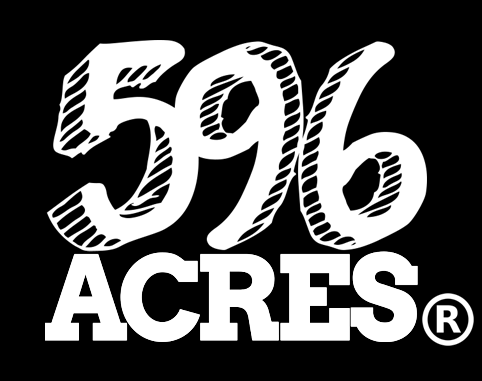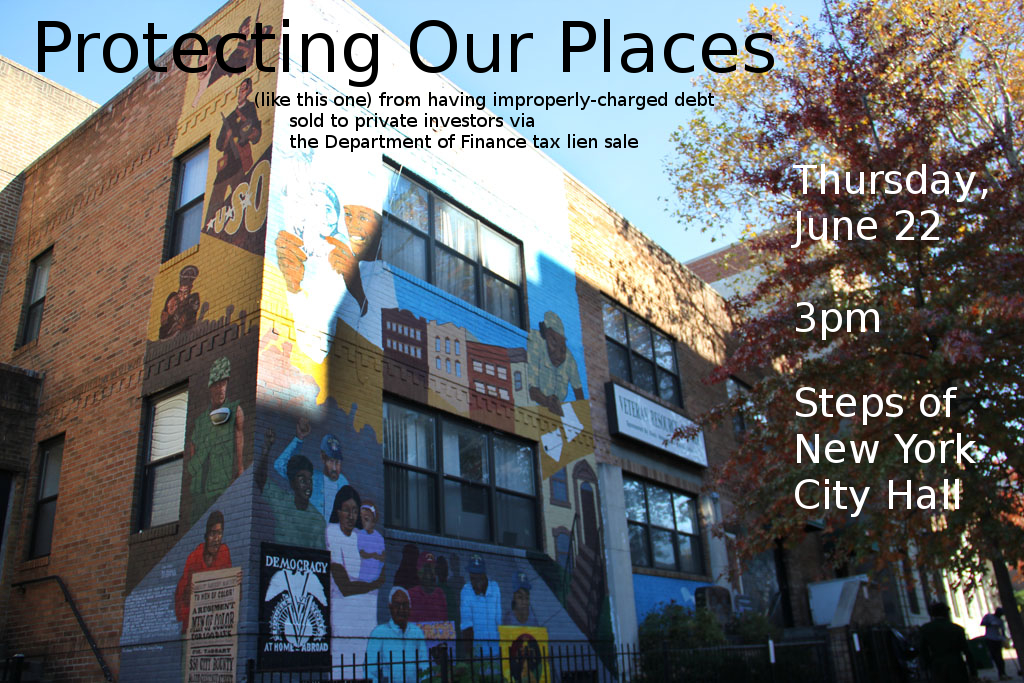The New York City Council Committee on Economic Development is holding a hearing at 1pm today at 250 Broadway on the 14th Floor on a proposed bill that would create an Urban Agriculture Advisory Committee to advise on “matter[s] relating to agriculture in the city, including the identification of existing and potential agricultural food production sites, opportunities to increase local agricultural food production, impediments to local agricultural food production, and urban agriculture training programs and expansion thereof.”
Paula Z. Segal will be testifying for 596 Acres, commending the bill and urging the creation of another mechanism empowered to address the disposition of public land specifically. You can read Paula’s full testimony here.
An exerpt:
The universe of activities that can be defined as “urban agriculture” is broad, spanning from neighbortended community gardens, to production farms, to goats being used instead of pesticides to keep the weeds down. What unites urban agriculture practitioners is the need for space to practice: land access is fundamental to any communitybased or entrepreneurial agriculture activity. Land disposition for municipal real estate may need its own focused committee to address a multiplicity of community needs, not just the needs of urban agriculture practitioners. I urge that such a committee be created, and focused on land disposition.
The Urban Agriculture Advisory, as proposed today, will be a great collaborator to practitioners of urban agriculture no matter the underlying ownership of the land. There are regulatory and collaborative hurdles for programs that a cross-sector advisory with members of City Agencies will be well positioned to address.
The land access issues are more complex, and I believe they require greater focus and collaboration with other community advocates working on the development of permanently communitycontrolled affordable housing, of parks, and of other community facilities. Such a committee could be charged with studying the entire municipal real estate inventory, altering the process through which the Department of Citywide Administrative services assigns land to agencies that frequently then hold it with no development for decades, and assessing the “surplus” real estate auction through which our public lands and buildings are currently regularly offered for purchase by private developers.






